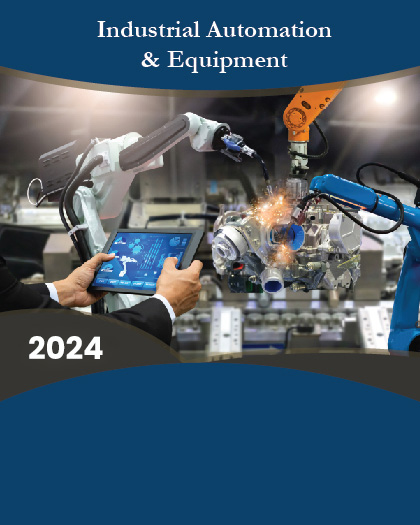
Smart Transportation, a key internet of things vertical application, refers to the integrated application of modern technologies and management strategies in transportation systems. These technologies aim to provide innovative services relating to different modes of transport and traffic management and enable users to be better informed and make safer and smarter use of transport networks.
The Smart Transportation market revenue was xx.xx Million USD in 2019, and will reach xx.xx Million USD in 2025, with a CAGR of x.x% during 2020-2025.
Under COVID-19 outbreak globally, this report provides 360 degrees of analysis from supply chain, import and export control to regional government policy and future influence on the industry. Detailed analysis about market status (2015-2020), enterprise competition pattern, advantages and disadvantages of enterprise products, industry development trends (2020-2025), regional industrial layout characteristics and macroeconomic policies, industrial policy has also been included. From raw materials to end users of this industry are analyzed scientifically, the trends of product circulation and sales channel will be presented as well. Considering COVID-19, this report provides comprehensive and in-depth analysis on how the epidemic push this industry transformation and reform.
In COVID-19 outbreak, Chapter 2.2 of this report provides an analysis of the impact of COVID-19 on the global economy and the Smart Transportation industry.
Chapter 3.7 covers the analysis of the impact of COVID-19 from the perspective of the industry chain.
In addition, chapters 7-11 consider the impact of COVID-19 on the regional economy.
The Smart Transportation market can be split based on product types, major applications, and important countries as follows:
Key players in the global Smart Transportation market covered in Chapter 12:
IBM Corp.
Thales Group
Q-Free ASA (Norway)
Xerox Corporation (U.S.)
Cisco System Inc.
Indra Sistemas SA
Kapsch TrafficCom AG
Accenture plc
WS Atkins Plc (U.K.)
LG CNS Co. Ltd. (South Korea)
Siemens AG
Alstom SA
GE Transportation
Schneider Electric Co.
Tomtom International (The Netherlands)
Cubic Corporation (U.S.)
In Chapter 4 and 14.1, on the basis of types, the Smart Transportation market from 2015 to 2025 is primarily split into:
Ticketing management system
Parking management system
Integrated supervision system
Traffic management system
In Chapter 5 and 14.2, on the basis of applications, the Smart Transportation market from 2015 to 2025 covers:
Cloud services
Business services
Professional services
Geographically, the detailed analysis of consumption, revenue, market share and growth rate, historic and forecast (2015-2025) of the following regions are covered in Chapter 6, 7, 8, 9, 10, 11, 14:
North America (Covered in Chapter 7 and 14)
United States
Canada
Mexico
Europe (Covered in Chapter 8 and 14)
Germany
UK
France
Italy
Spain
Russia
Others
Asia-Pacific (Covered in Chapter 9 and 14)
China
Japan
South Korea
Australia
India
Southeast Asia
Others
Middle East and Africa (Covered in Chapter 10 and 14)
Saudi Arabia
UAE
Egypt
Nigeria
South Africa
Others
South America (Covered in Chapter 11 and 14)
Brazil
Argentina
Columbia
Chile
Others
Years considered for this report:
Historical Years: 2015-2019
Base Year: 2019
Estimated Year: 2020
Forecast Period: 2020-2025
























